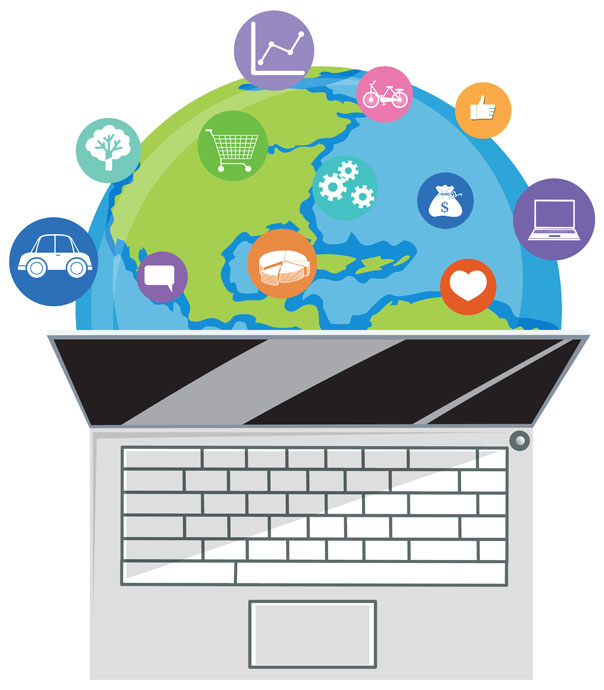Table of Contents
Every year on December 2, we celebrate World Computer Literacy Day—a day dedicated to raising awareness about the importance of computer literacy in our rapidly evolving digital world. Established in 2001 by NIIT, a leading global talent development corporation, this day highlights the pivotal role that computer skills play in education, employment, and innovation.
Why Computer Literacy Matters
In today’s technology-driven society, being computer literate is no longer a luxury—it’s a necessity. Whether it’s accessing information, communicating globally, or automating daily tasks, computer skills have become fundamental to participating in modern life.
Here’s why computer literacy is so important:
- Bridging the Digital Divide: Millions of people, especially in underserved communities, lack access to technology and the skills to use it effectively. Promoting computer literacy helps close this gap and fosters equality.
- Boosting Employability: Proficiency in computers is a critical requirement for most jobs. From basic word processing to advanced programming, these skills open doors to better career opportunities.
- Fostering Innovation: Computer literacy empowers individuals to create, innovate, and problem-solve, driving technological advancements and societal progress.
- Enhancing Everyday Life: From online banking to virtual learning, basic computer knowledge simplifies many aspects of daily living.
The Current State of Computer Literacy
While significant progress has been made in increasing computer literacy worldwide, challenges remain:
- Access to Technology: In many developing regions, access to computers and reliable internet is still limited.
- Education Gaps: Schools and institutions in underprivileged areas often lack the resources to teach computer skills effectively.
- Generational Divide: Older generations may find it harder to adapt to new technologies compared to younger, tech-savvy individuals.
How to Promote Computer Literacy
- Educational Initiatives: Governments, NGOs, and private organizations should collaborate to provide affordable computer education, especially in rural and low-income areas.
- Community Programs: Libraries, community centers, and local organizations can offer free workshops and resources for people of all ages to learn basic and advanced computer skills.
- Online Learning: Platforms like Khan Academy, Coursera, and freeCodeCamp make computer education accessible to anyone with an internet connection.
- Digital Inclusion Policies: Governments must ensure equitable access to technology and the internet through subsidies, public Wi-Fi projects, and tech donation drives.
Celebrating World Computer Literacy Day
This day is an opportunity to:
- Host workshops and training sessions to teach computer skills.
- Organize donation drives for computers and tablets to underserved communities.
- Spread awareness through campaigns on social media, using hashtags like #ComputerLiteracyDay and #DigitalInclusion.
- Recognize individuals and organizations making a difference in promoting digital literacy.
The Role of Businesses and Organizations
Corporations have a vital role in fostering computer literacy:
- Corporate Social Responsibility: Companies can sponsor computer training programs and provide resources to communities in need.
- Workplace Training: Organizations should ensure their employees are equipped with up-to-date digital skills to thrive in the modern workplace.
- Innovation and Collaboration: By partnering with educational institutions and NGOs, businesses can amplify efforts to bridge the digital divide.
Looking Ahead
As technology continues to evolve, the importance of computer literacy will only grow. Emerging fields like artificial intelligence, data science, and cybersecurity demand a workforce skilled in advanced computing. Equipping the next generation with these skills will ensure they are prepared for the challenges and opportunities of the digital age.







No comment yet, add your voice below!